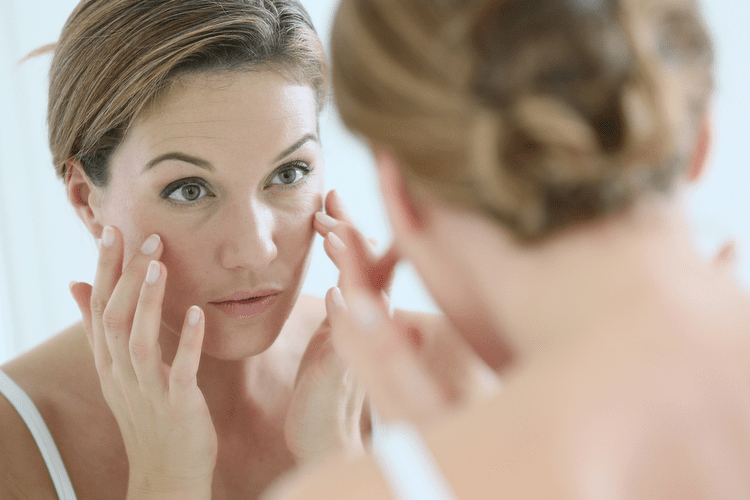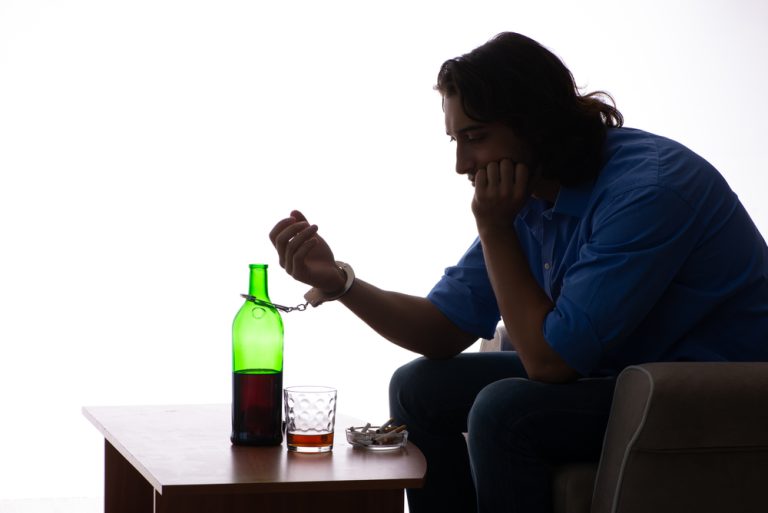Mildly buzzed, the participants were asked to play a competitive reaction-time task while inside the fMRI scanner—a task that’s been used https://perfilab.com/laboratorio/index.php/2022/05/26/12-tips-for-staying-sober-throughout-the-holidays/ for decades by scientists to measure aggression. This game is super frustrating because the winner of each round gets to send a blast of unpleasant noise to the loser. After a while, the whole thing starts to get a bit retaliatory—especially when considering the volume can be controlled by the winner. In this study, however, the participants were told that they were competing against other humans, but in reality they were playing against two computers.
What Is the First Step For the Treatment of Alcoholism?

Alcohol influences your mood and can also make you feel down or aggressive. Alcohol may encourage aggression or violence by disrupting normal brain function. According to the disinhibition hypothesis, for example, alcohol weakens alcohol rehab brain mechanisms that normally restrain impulsive behaviors, including inappropriate aggression (5).
The Drunk Dialer’s Cousin: When Tears Lead to Texts

While alcohol dependence can be debilitating, recovery is possible with the right support, including therapy, medical intervention, and structured rehabilitation programs. Recognizing and acting on these warnings is a vital step in protecting oneself and loved ones from alcohol-induced aggression. By identifying these signs early, individuals can take proactive steps to de-escalate the situation, seek support, or remove themselves from potential danger. Some become “happy drunks,” experiencing an increase in sociability and relaxation without aggression. As already pointed out, alcohol causes us to fixate on immediate cues in the environment, so if those cues promote peaceful, happy, or non-aggressive behavior, we aren’t likely to be aggressive.
- Researchers have tied the ALDH1A1 gene to a slow form of alcohol processing.
- Blood alcohol content is a measurement of how much alcohol is present in the bloodstream, typically expressed as a percentage.
- It’s related to alcohol-induced anger because both are caused by the effects of alcohol on the brain.
Why Do College Students Use Alcohol?
When drinking, alcohol disrupts the brain’s normal chemical balance, affecting neurotransmitters that regulate mood and behavior. This disruption can make people more sensitive to stress, less patient, and quicker to anger. The impairment of the prefrontal cortex, which helps regulate emotional responses, can make it harder to manage feelings of frustration or annoyance.
The exact amount of alcohol that will initiate aggression is unknown and varies from person to person. At Boardwalk Recovery Center, we understand that every individual handles alcohol differently and we approach our treatment and care with that in mind. “Angry drunks” may experience mild irritation or anger due to alcohol, or become extremely violent or aggressive.
Why do some people get really mean when they consume alcohol and how do you deal with it?
- They might start to slur their words or become less coordinated, but nothing can bring their mood down.
- The psychological factors behind crying while drunk are multifaceted, involving neurological changes, suppressed emotions, past experiences, and cultural influences.
- It’s almost as if life itself is inviting us to embrace difficulty—not as punishment but as a design feature.
Both alcohol and marijuana can lower your inhibitions and why do some people get mean when they drink make you act in ways you’d avoid while sober. Mixing the drugs may lead to more poor decisions than using just one substance.People who mix are more likely to do or say something harmful while under the influence when compared to people who just drink. Researchers say alcohol interferes with brain cells crucial to learning and memory. However, someone who is drinking heavily can go from blacking out to passing out, which can be dangerous due to the risk of alcohol poisoning. BAC measurements can be utilized in medical settings to measure the severity of alcohol intoxication and monitor withdrawal symptoms. They can also inform treatment decisions for individuals suffering from alcohol-related disorders, especially in the event of an emergency admission while under the influence.
What are drunk behavioral cues?
Some men will try to brush off the behavior as, “Oh, my wife just gets crazy when she drinks.” It can lead to a sense of powerlessness over the situation. This can be hard for male partners who may struggle to label their partner’s behavior as abusive. We have these ideas about gender roles and who abuses and gets abused. And that prevents men from seeing their partner’s angry drunk behavior for what it is – abuse. After drinking, individuals entered the MRI scanner to play the aggressiveness game, a competitive reaction-time test. Each individual was shown a display and had to race his “opponent” to hit a button whenever a colored square appeared.
Young adult women are more likely to drink heavily, at 7.2%, while men of this age were at 6.7%. Of the 2.4 million young adults who reported heavy alcohol use, 1.6 million were white, 209,000 were Black, 36,000 were Asian, 449,000 were Hispanic or Latino, and 4,000 were American Indian or Alaskan Native. The NSDUH found that among 12 to 20 year olds who reported binge drinking in the past month, they included 10% of white teens, 7.7% of Hispanic or Latino teens, 5.9% of Black teens, and 2.3% of Asian teens. Researchers at the Salk Institute for Biological Studies say that when it comes to alcoholism and genetics, genes are not destiny.
When Should I Worry About My Reaction to Alcohol?
Approximately 35 percent to 66 percent of violent crimes involve alcohol, ranging from murder and physical assaults to sexual violence and domestic abuse. Less severely, booze makes us a bit nastier than normal; our criticisms become more cutting, our anger feels more palpable, and our tolerance for frustration evaporates. We lash out when we’re drunk, and drunk people lash out at us in return.
Addiction Treatment Programs
There are different levels of outpatient treatment, ranging from just one or two sessions per week to essentially a full-time schedule where you’re receiving treatment throughout the day on weekdays. For most people, alcohol is simply something they enjoy lightly every once in a while. But it can become a problematic part of your life very quickly, and when that happens, there’s a way to get back control of your life. Boca Recovery Center guides people throughout the country into recovery every day. These changes affect many biological mechanisms, including those related to how the brain communicates with the body and with itself, and how the brain interprets risks and rewards. These changes give us the medical understanding that alcoholism is a treatable, but not curable, disease.

